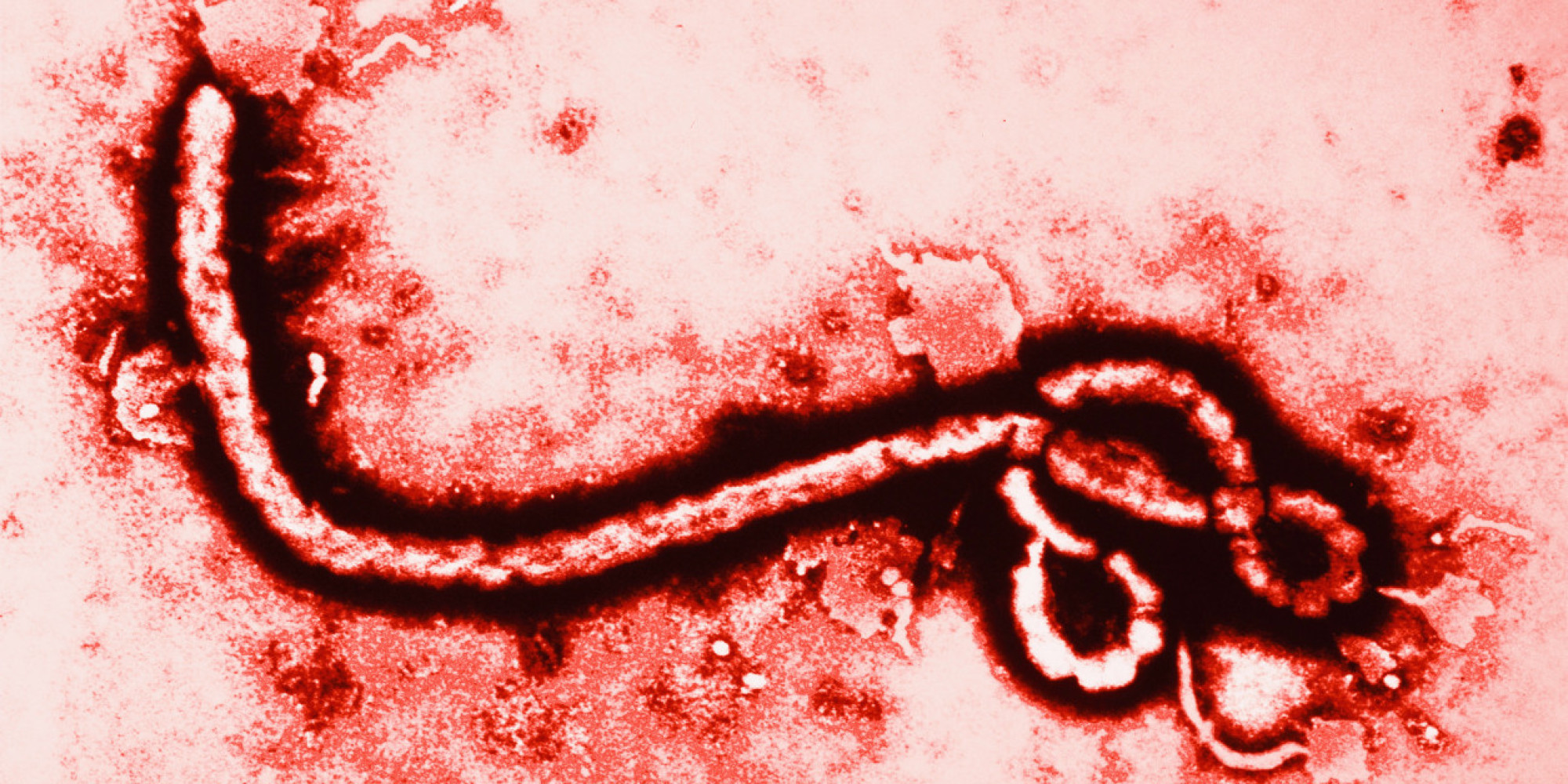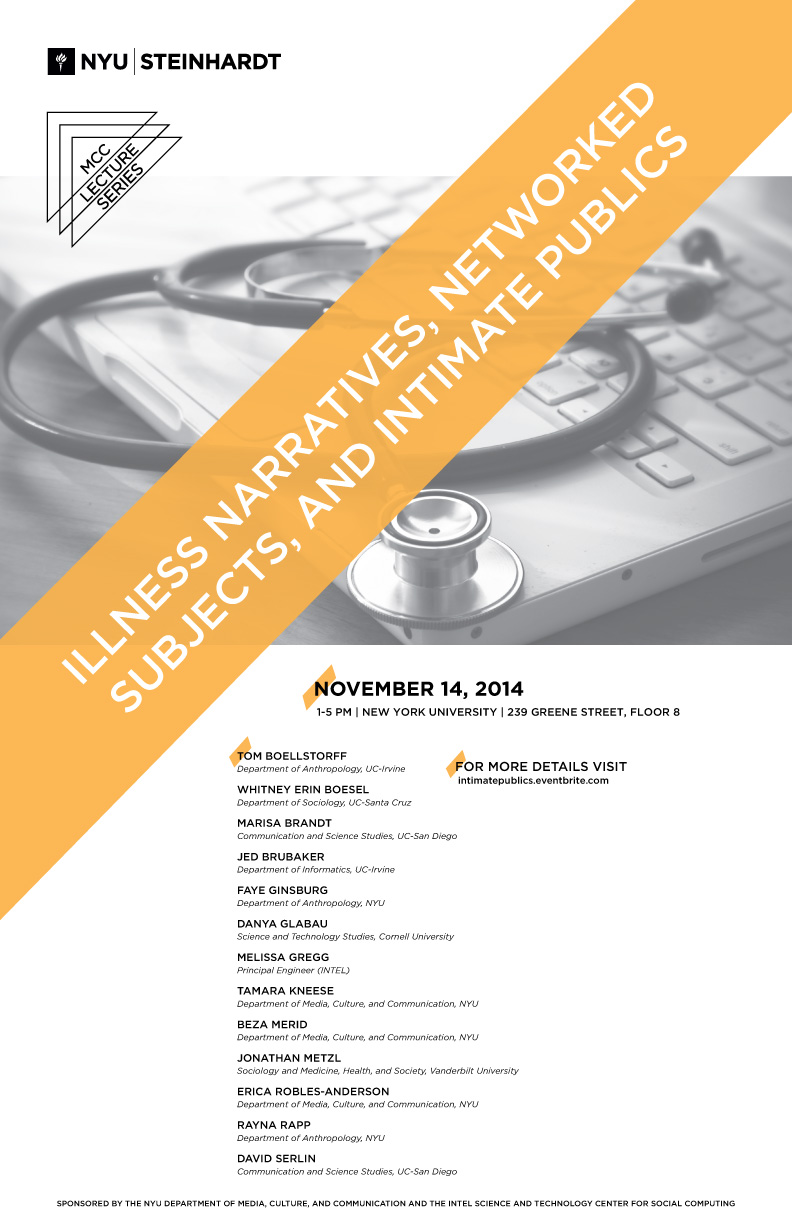Ebola in Perspective: Health, Panic, and Politics
Light Hall - Vanderbilt University Medical Center 1301 Medical Center Dr, Nashville, TN, United StatesAs the Ebola virus spreads and grows into a “global threat,” information about the disease mixes with a host of larger questions and concerns. How can we separate reasoned preparation from blind panic? In what ways does the spread of Ebola expose connections between local practices and global networks, impact travel or interpersonal interactions, or alter categories of “us” and “them”? How might the lessons of ethnography and history better inform our present-day response? And what are the implications for training students and health-care workers?








![POH2016-banner3[1]](https://kelstewtest.dream.press/wp-content/uploads/2016/01/POH2016-banner31.jpg)